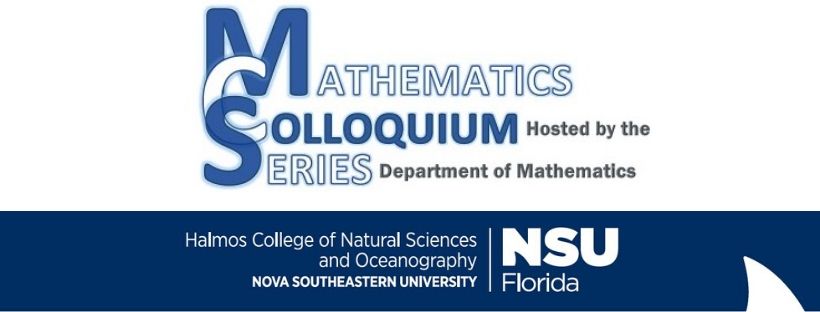What Can We Learn About Particle Physics from Massive Stars?
Description
This talk will examine how stars can be powerful laboratories to study the physics of elementary particles. In particular, Giannotti will show how the properties of some particles that can easily escape terrestrial detectors can be studied through accurate stellar observations. The talk will focus particularly on massive stars, which have masses a few times larger than the Sun. For a long time, massive stars were thought to have been uninteresting for the purpose of understanding fundamental physics. Here, Giannotti will show examples where stars can actually provide quite interesting insights on the physics of elementary particles and fundamental interactions.
Date of Event
February 19, 2013 12 - 1:00 PM
Location
Carl DeSantis Building, Room 1047, 3301 College Ave., Fort Lauderdale (main campus)
NSU News Release Link
http://nsunews.nova.edu/lots-learn-starssee-mathematics-colloquium-talk/
What Can We Learn About Particle Physics from Massive Stars?
Carl DeSantis Building, Room 1047, 3301 College Ave., Fort Lauderdale (main campus)
This talk will examine how stars can be powerful laboratories to study the physics of elementary particles. In particular, Giannotti will show how the properties of some particles that can easily escape terrestrial detectors can be studied through accurate stellar observations. The talk will focus particularly on massive stars, which have masses a few times larger than the Sun. For a long time, massive stars were thought to have been uninteresting for the purpose of understanding fundamental physics. Here, Giannotti will show examples where stars can actually provide quite interesting insights on the physics of elementary particles and fundamental interactions.
https://nsuworks.nova.edu/mathematics_colloquium/ay_2012-2013/events/5



Presenter Bio
Maurizio Giannotti has a Ph.D. and teaches at Barry University